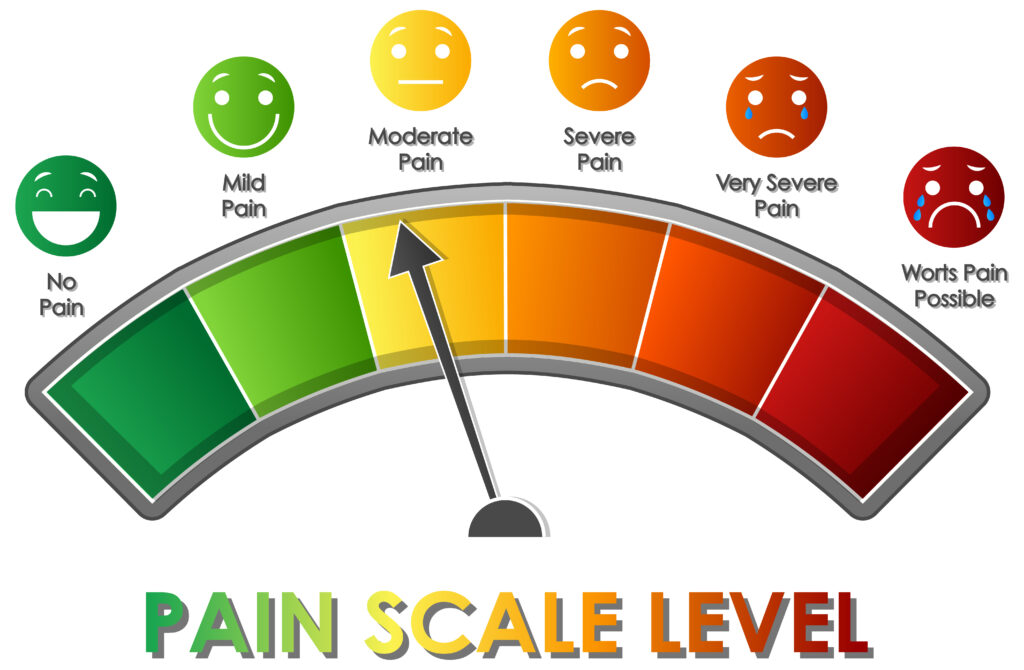Importance of Patient-reported outcome measures in pain management for cancer patients and survivors
Pain management is indeed a critical aspect of cancer care. Chronic pain can significantly affect the quality of life of cancer patients and survivors. The statistics often underscore the prevalence of pain in this population and the need for effective pain management strategies. The European Society for Medical Oncology (ESMO) guidelines and other oncology societies often emphasize the importance of a patient-centered approach to cancer care. This involves considering the patient’s perspective, preferences, and experiences as part of the decision-making process. Patient-reported outcome measures (PROMs) allow patients to report their symptoms, functional status, and overall quality of life. They can be used to:
1. **Monitor Symptoms**: PROMs can help track the severity and impact of pain over time, which can be critical for adjusting pain management strategies.
2. **Guide Treatment**: Healthcare providers can tailor treatments according to the patient’s reported experiences and needs by regularly assessing pain through PROMs.
3. **Improve Communication**: PROMs can facilitate better communication between patients and healthcare providers by providing a structured way for patients to express their concerns and experiences.
4. **Enhance Clinical Decision-Making**: Incorporating PROMs into routine practice can provide clinicians with real-time data to inform clinical decisions.
5. **Quality of Care**: PROMs can be used for quality improvement initiatives by identifying gaps in care and areas where the patient’s needs are not being fully met.
6. **Research**: PROMs can also be valuable in research settings to evaluate the effectiveness of new treatments and interventions from the patient’s perspective.
The adoption of PROMs in cancer care is supported by the evidence that patients who are actively involved in their care tend to have better outcomes. This is particularly relevant in chronic pain management, where the subjective nature of pain makes the patient’s input especially valuable. Maio and colleagues’ emphasis on using PROMs throughout the cancer care trajectory reflects a broader shift in healthcare towards more personalized and patient-centered care. However, there are challenges to the widespread implementation of PROMs, including the need for appropriate infrastructure, training for healthcare providers, and ensuring that data collection translates into meaningful action. Nonetheless, the potential benefits for patient outcomes and the overall quality of care make the integration of PROMs a goal worth pursuing in oncology and beyond. pic by freepik Source: https://www.annalsofoncology.org/article/S0923-7534(24)00017-6/fulltext?rss=yes



